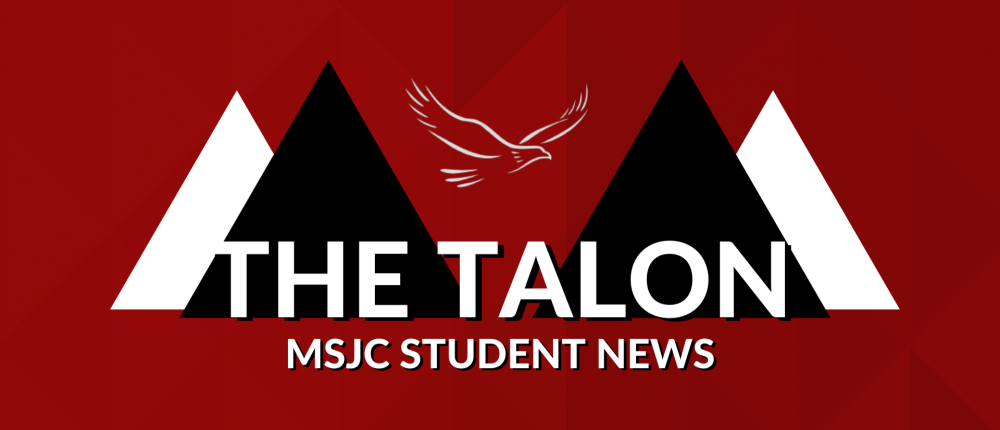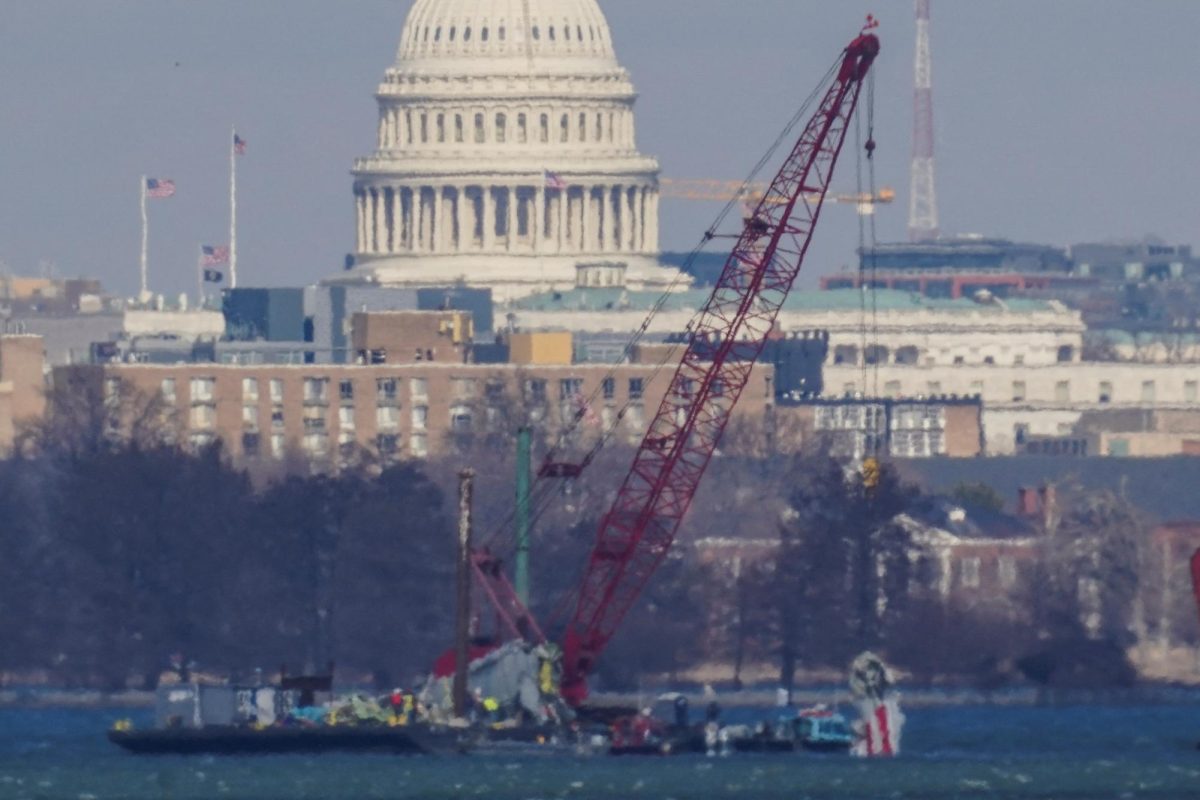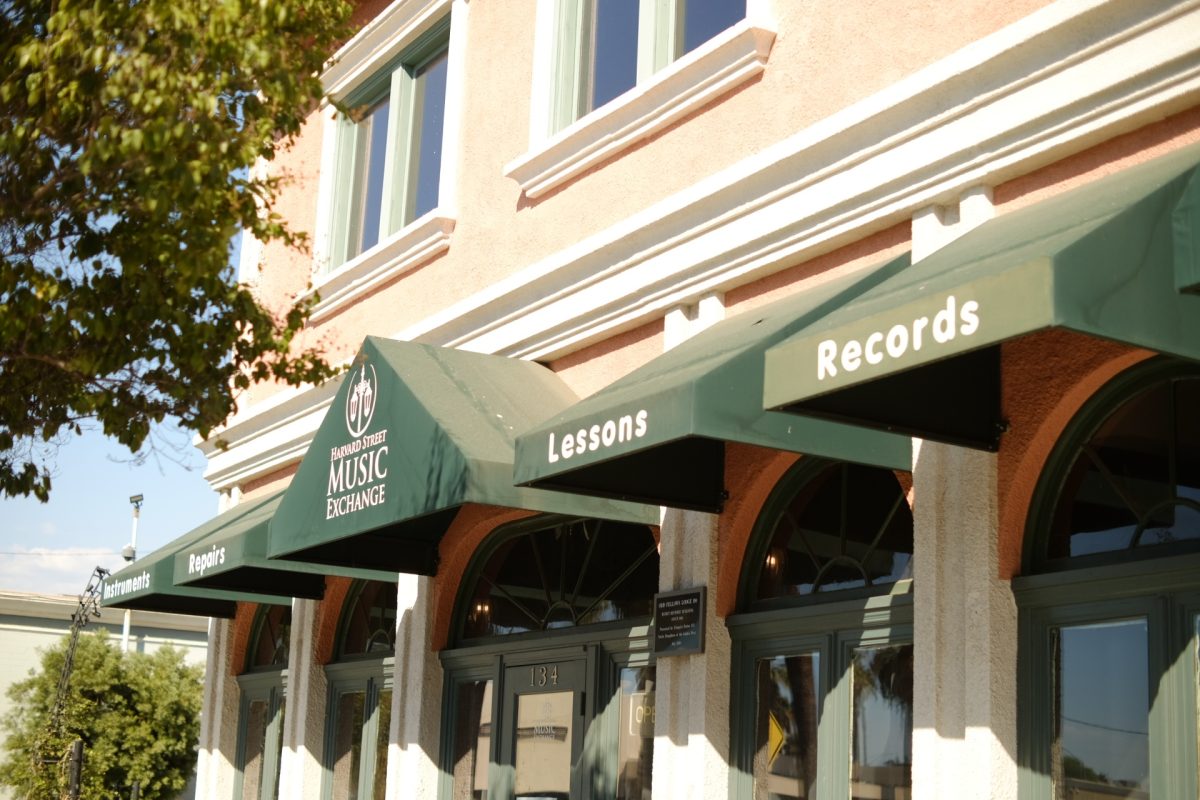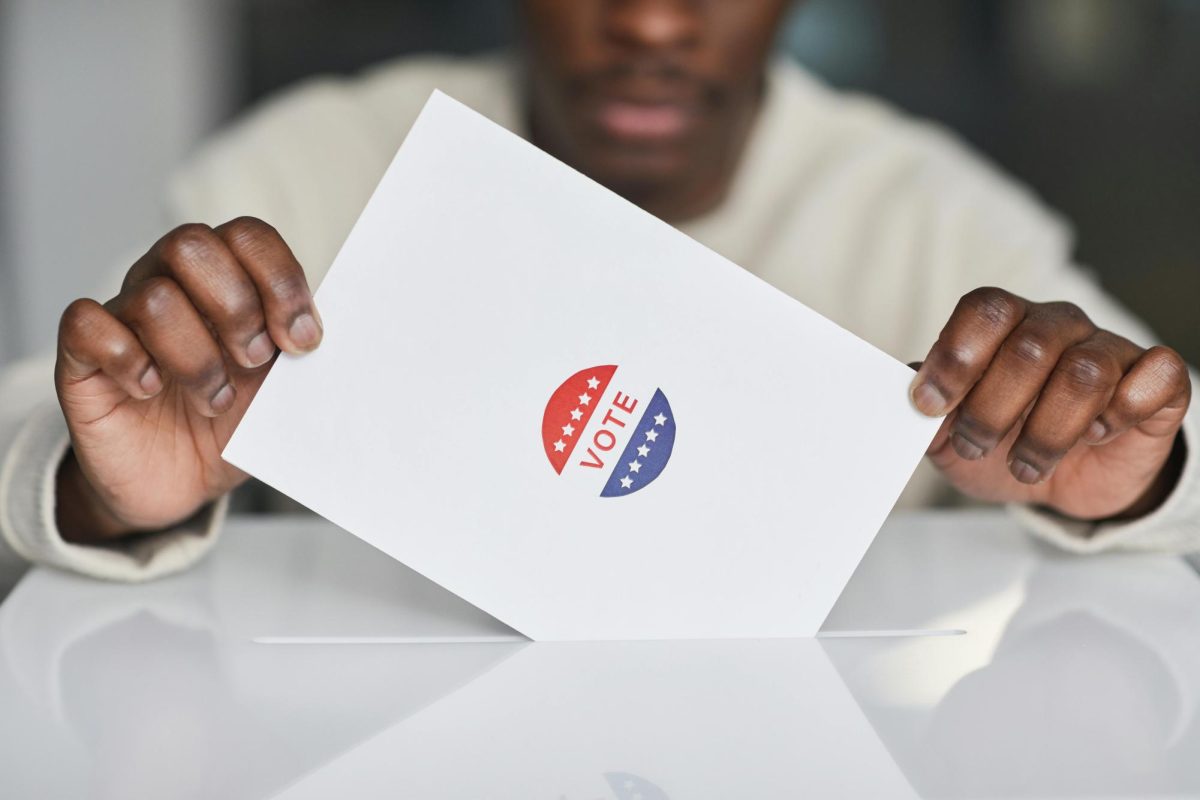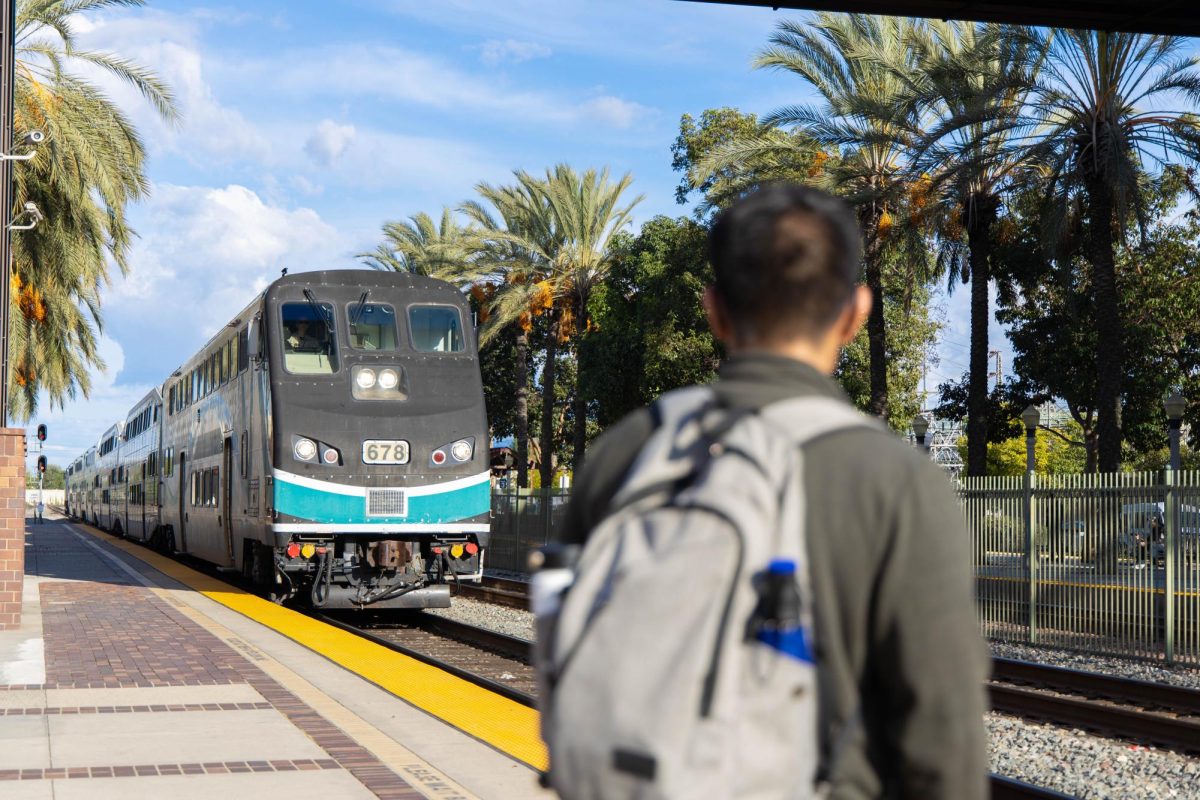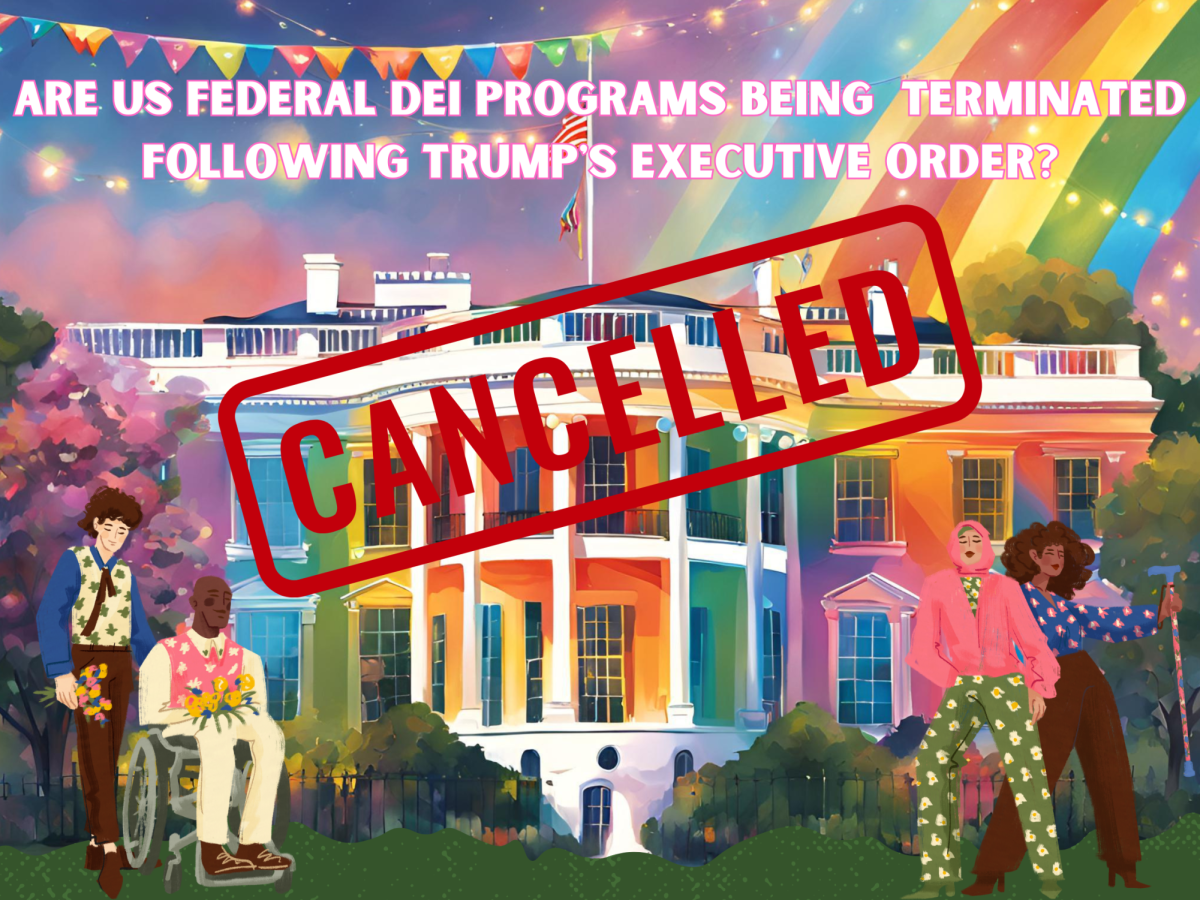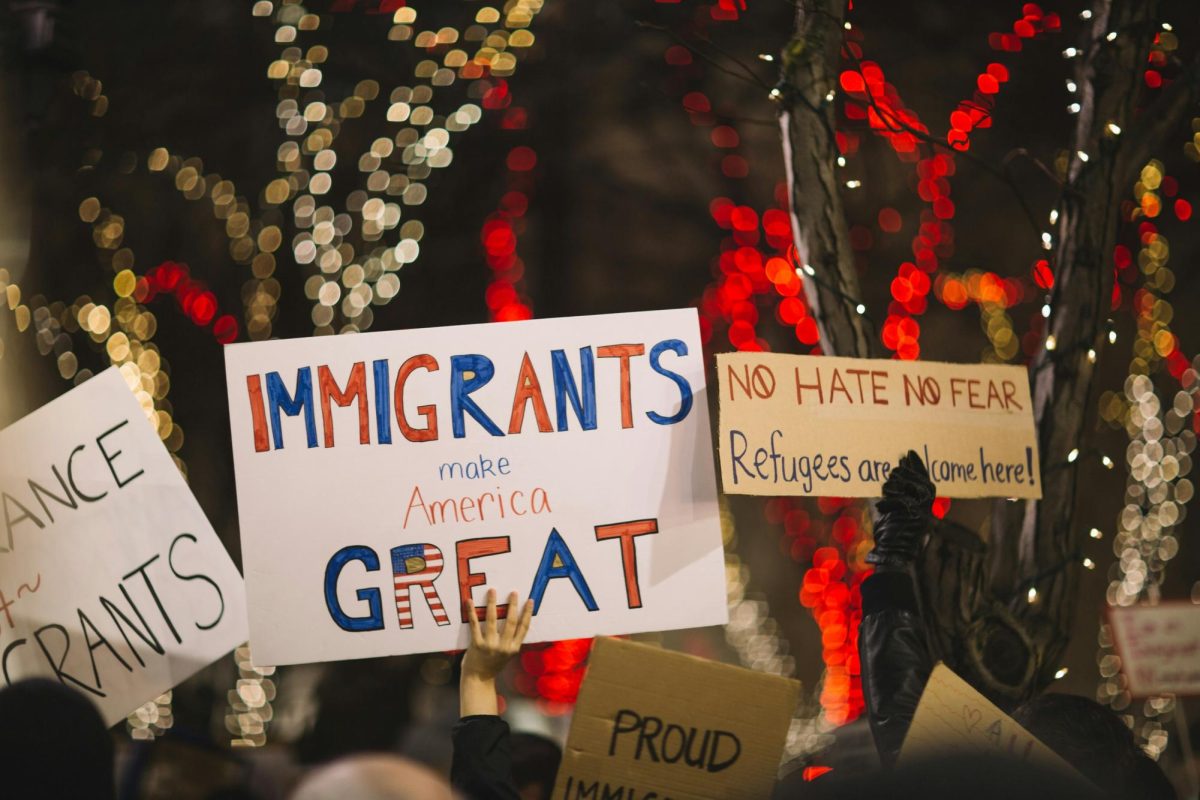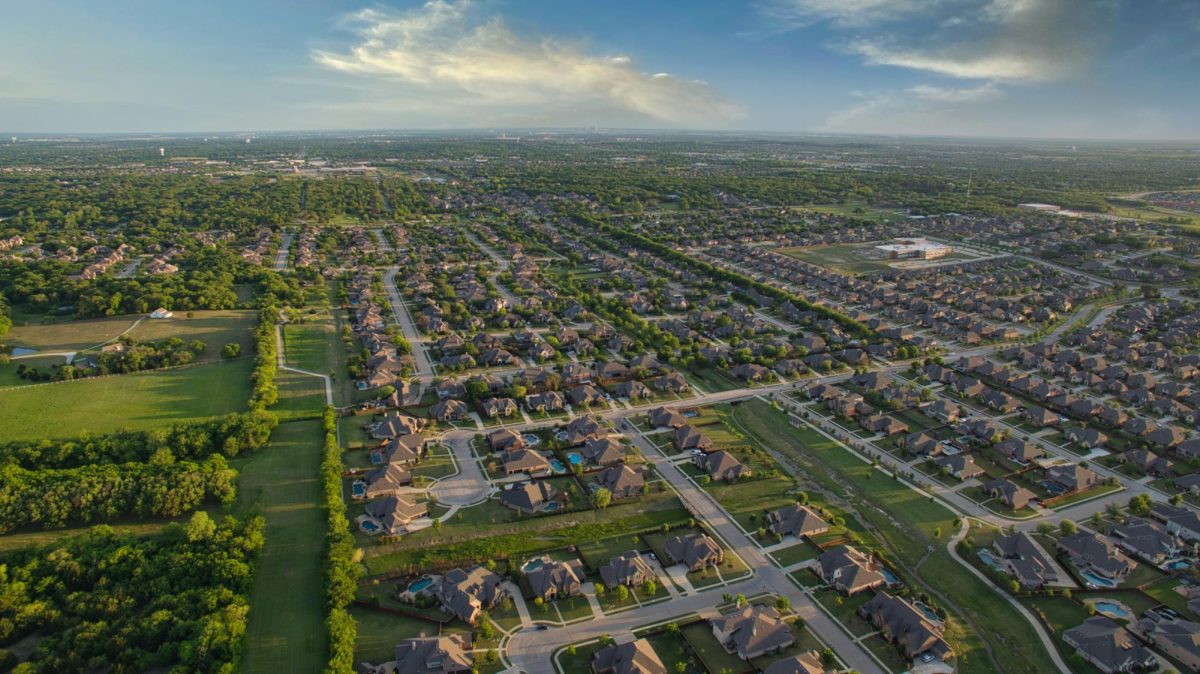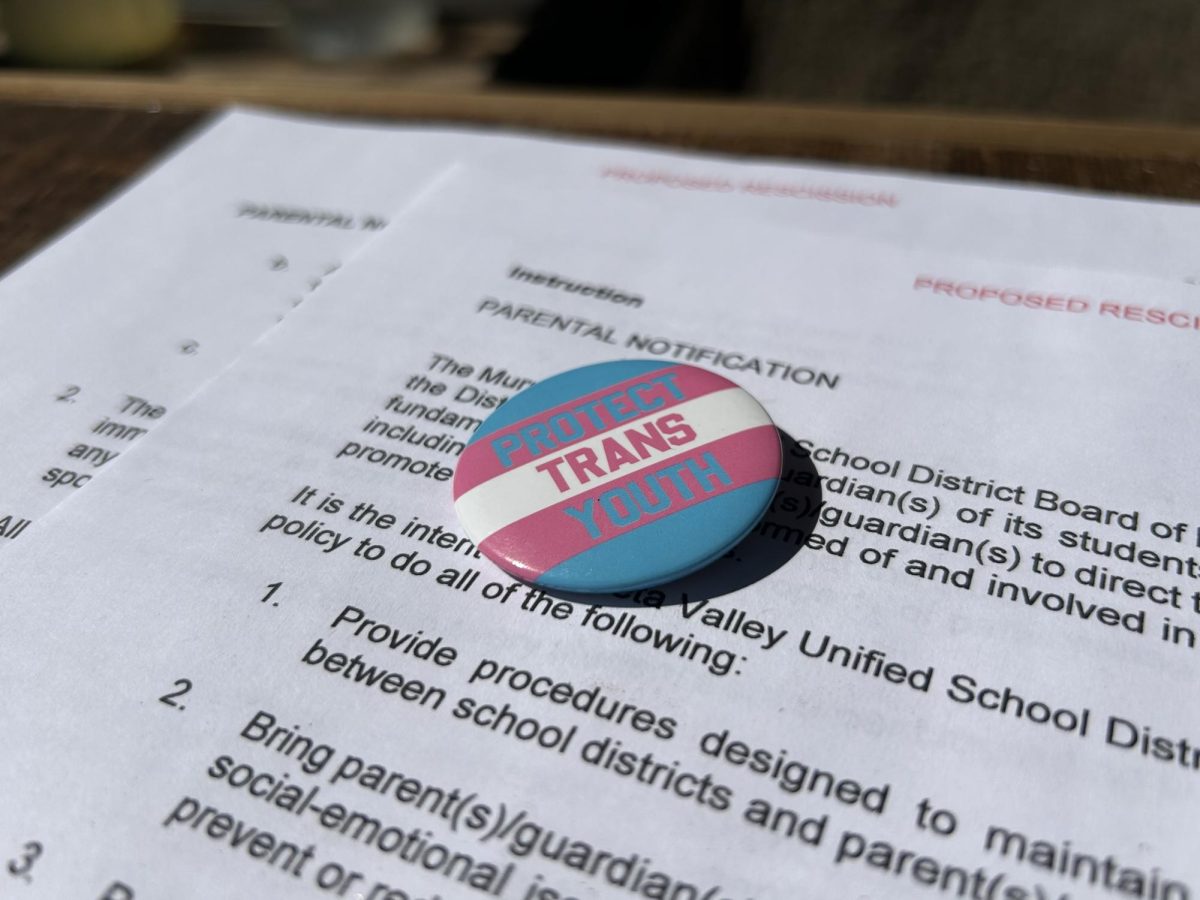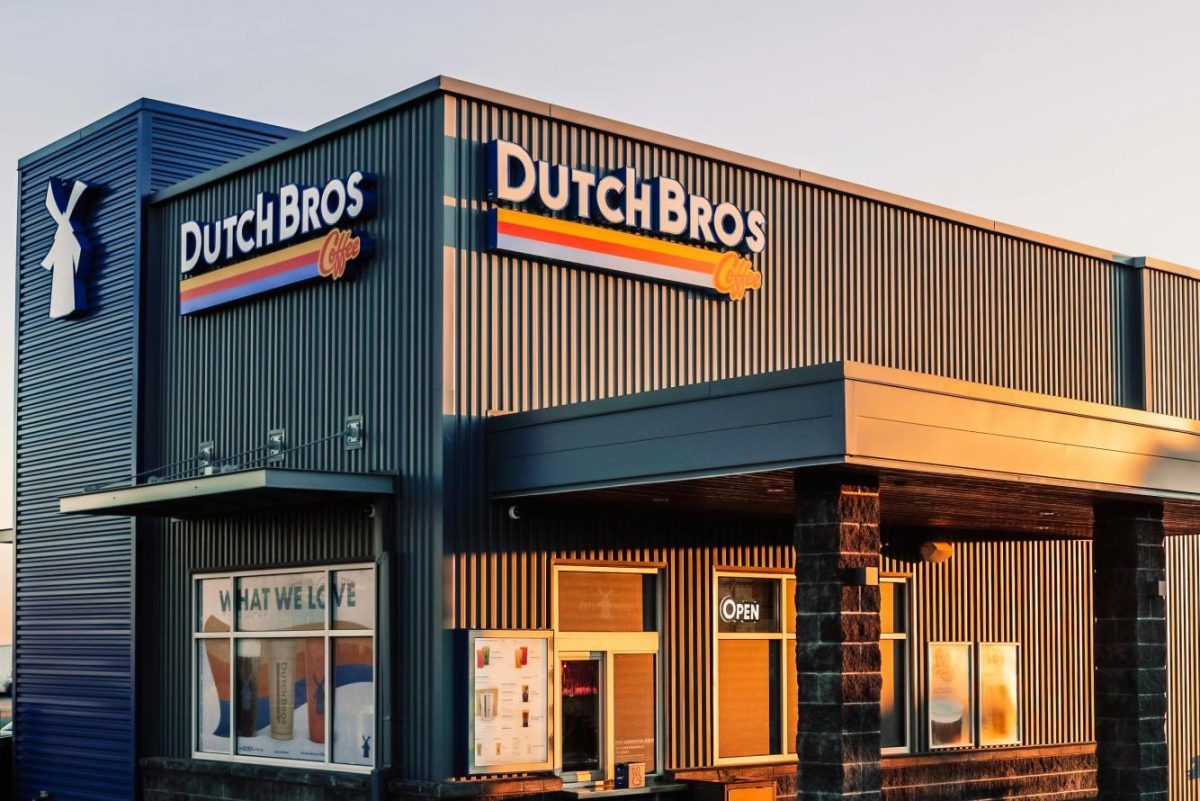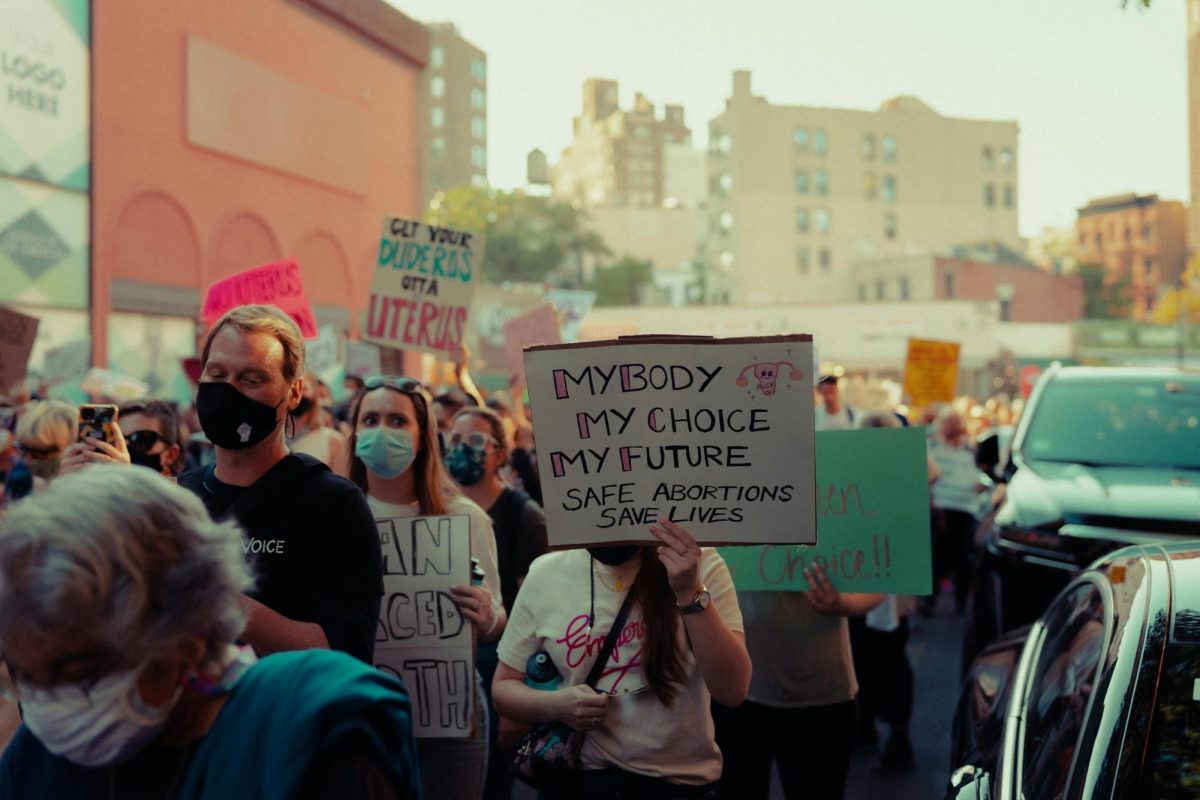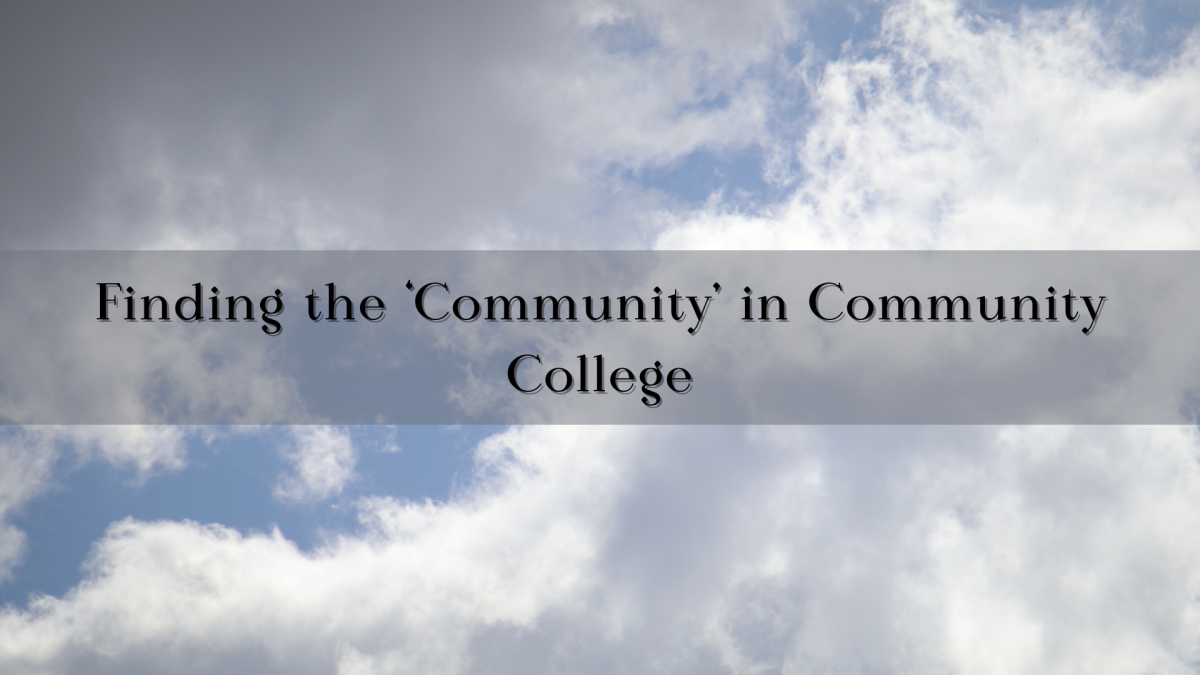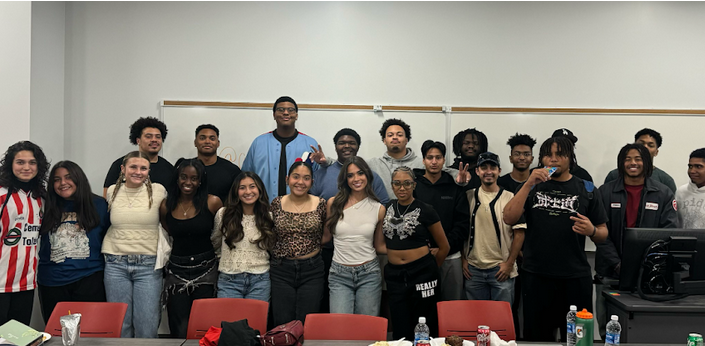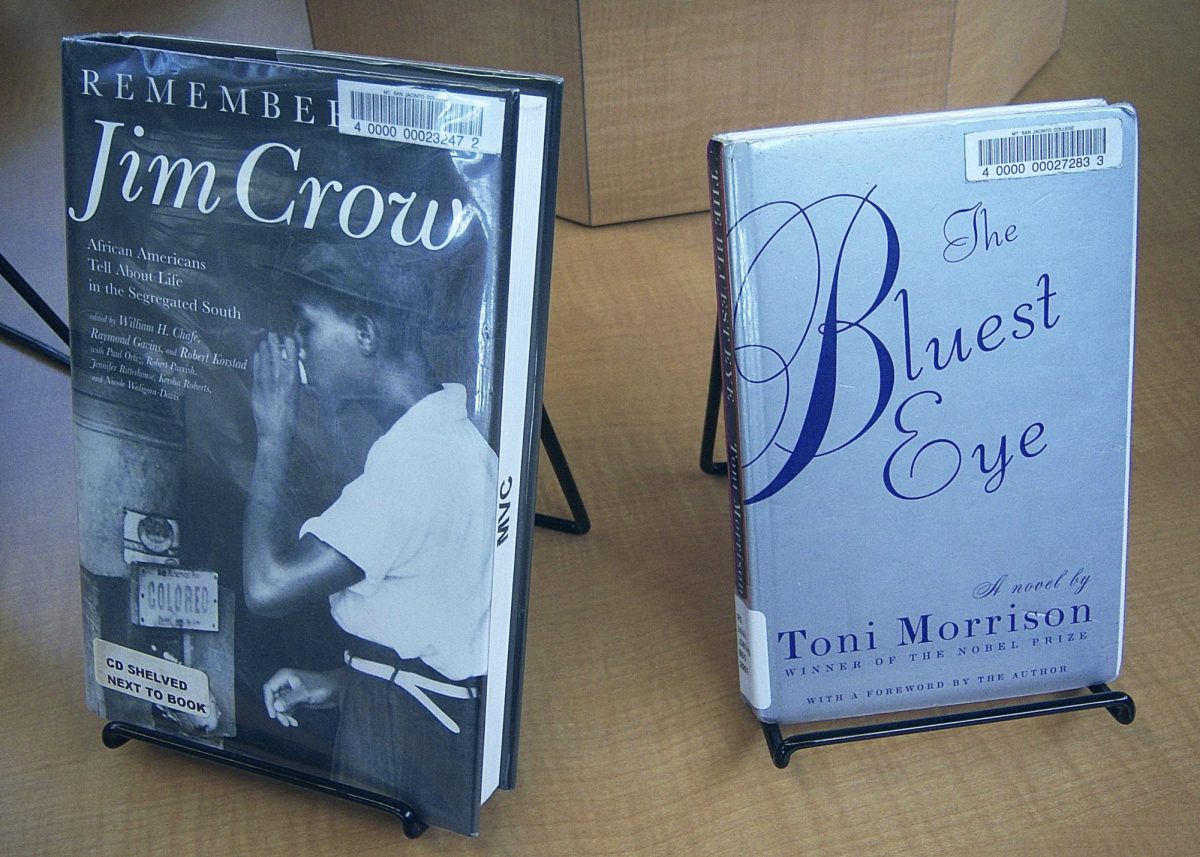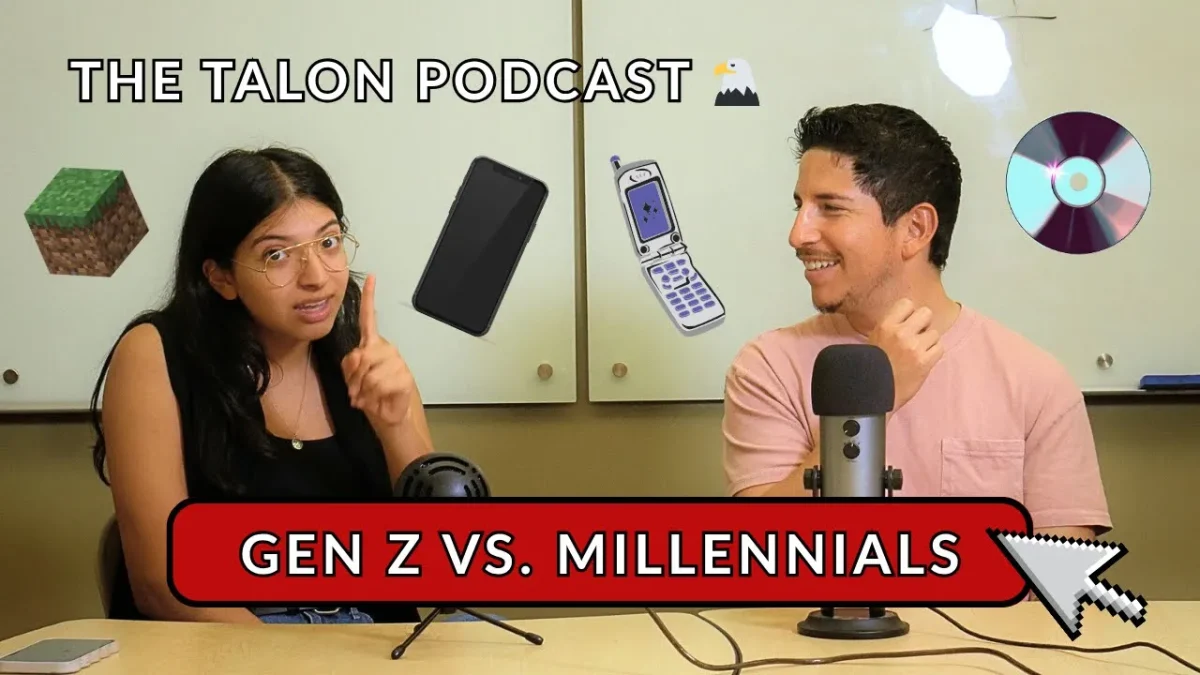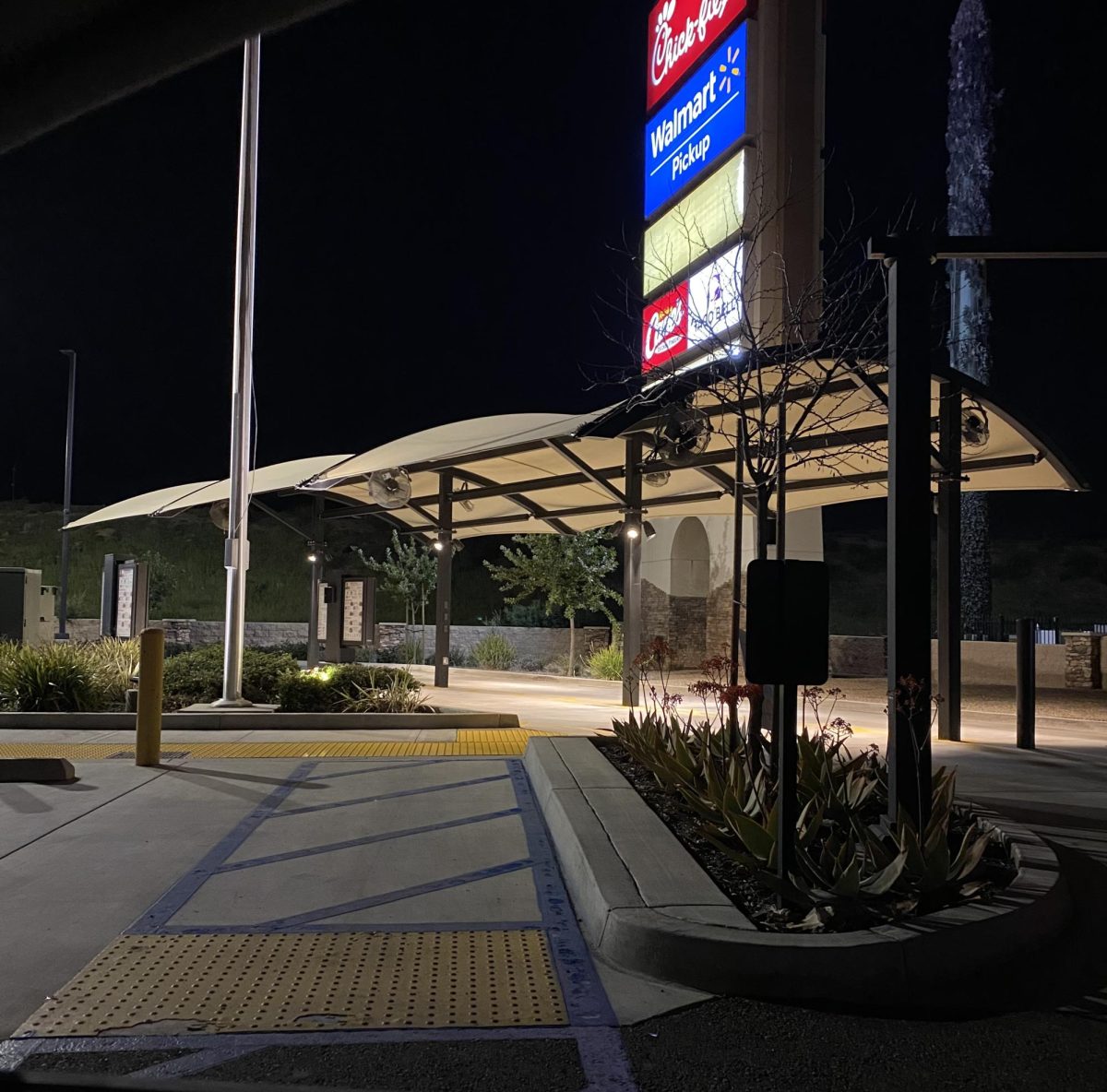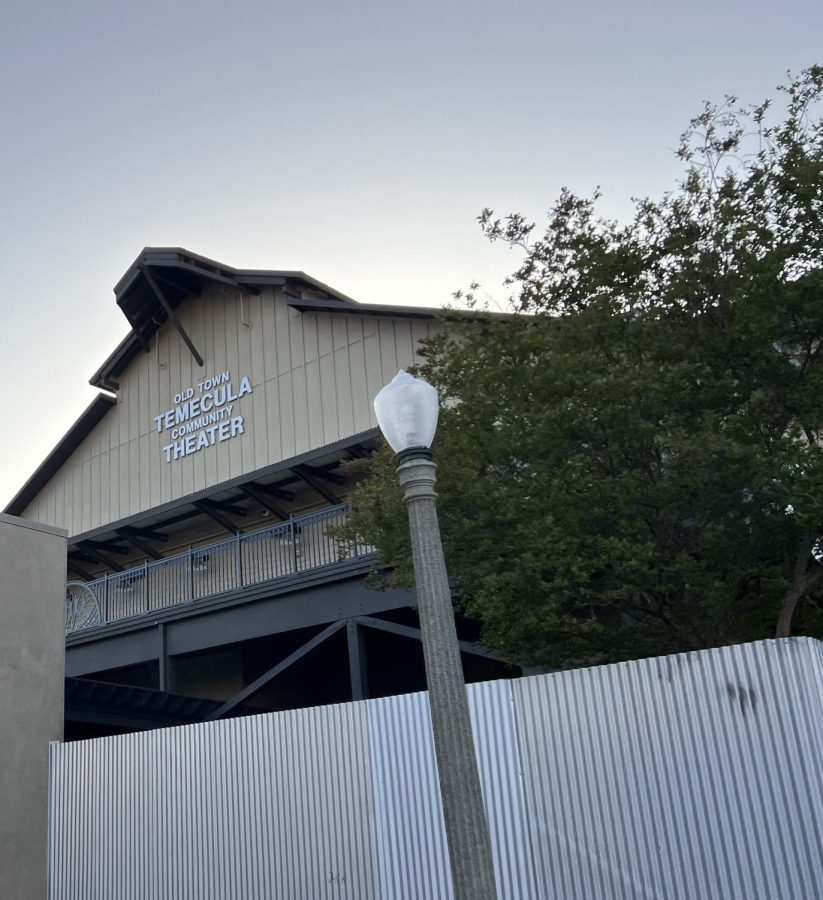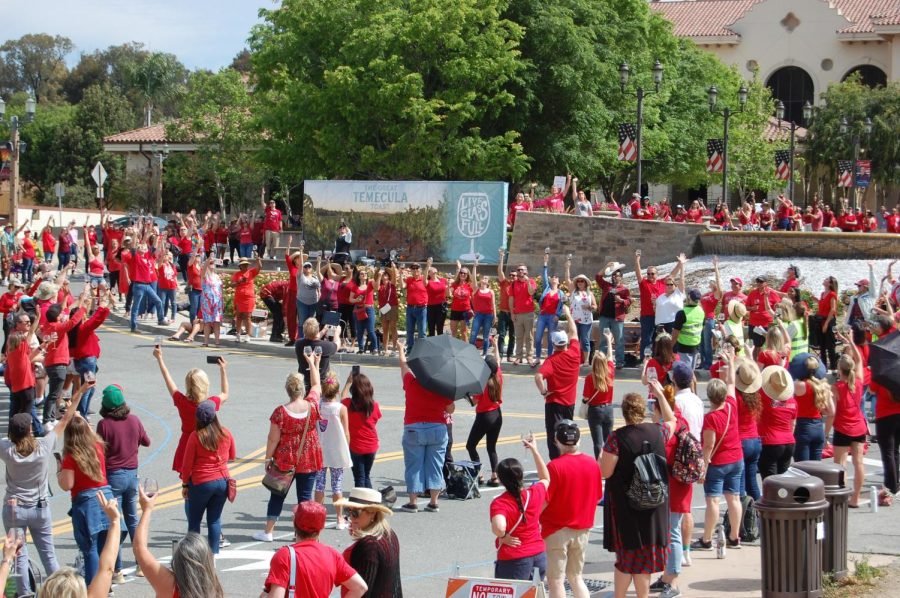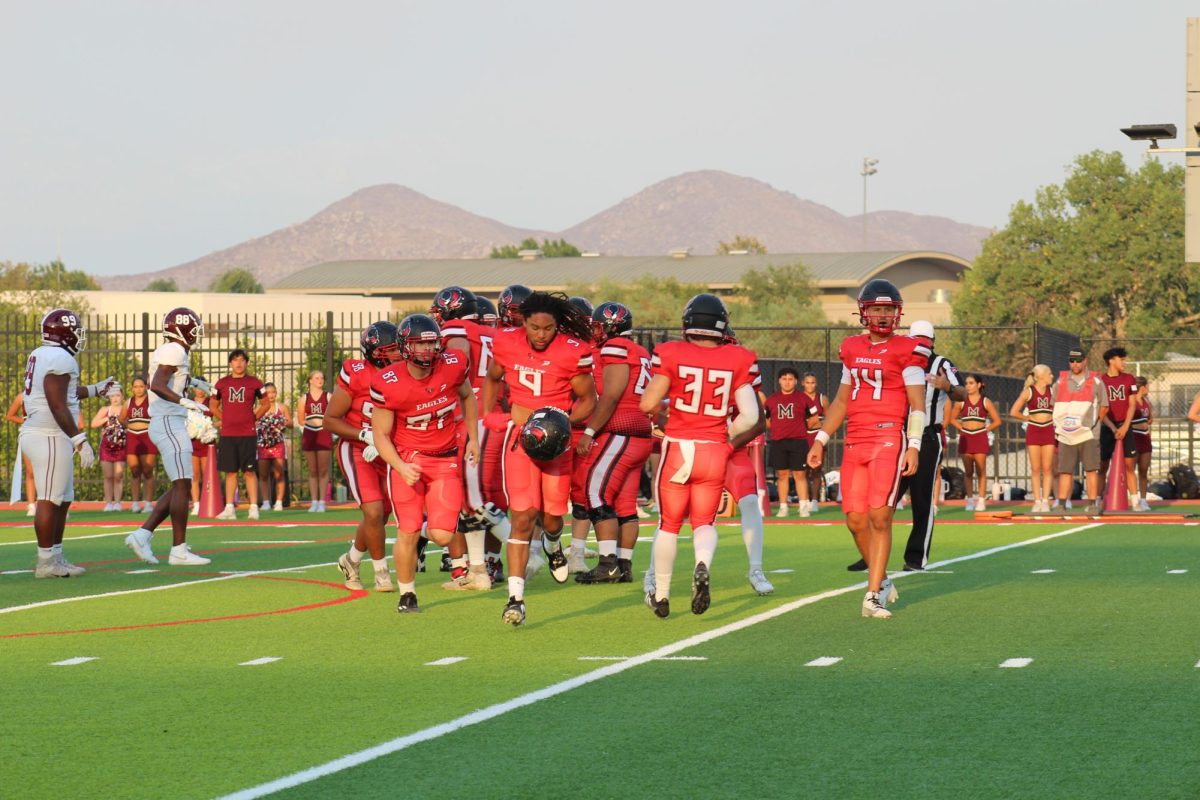As of April 2024, Governor Newsoms passed a bill to raise the minimum wage for California-based fast-food workers to $20.00 an hour after raising it to $16.00 in January. Many workers are excited to make more money and hope for financial stability. This minimum wage increase is expected to negatively affect food prices not only at fast-food restaurants but also at restaurants everywhere, wages within other industries, and it affects the workers of these fast-food chains.
Fast food restaurants have already planned to raise prices due to increased labor costs. Major companies such as Chipotle and McDonald’s plan to adjust pricing to offset the change in labor costs. Although, the increase in prices has already begun. At a local Chick-fil-A, there was a price increase of 11% at the beginning of the week. Workers within this Chick-fil-A are already seeing the changes in real time. A manager at the branch stated, “There was an 11% price increase this month in preparation for the new minimum wage increase. We can see the same thing happening at surrounding fast food places and will continue to see these increase.” This is just the beginning of the increases within this industry and others. Cal Matters states, “With an increase like this for thousands of people, it is raising the standard of living significantly.”
The new fast-food minimum wage increase will likely increase compensation for other food workers and retailers. Since these industries are already competing for labor, the wage increase will force them to match what these industries pay. Business Insider states that this would cause a ripple effect across several industries. In addition, full-time workers everywhere must be paid more to maintain their job satisfaction because increases in the minimum wage cause full-time workers to feel as though they are not getting paid enough. They should be compensated more than the fast food industry employees because it is more difficult to work, and they need to feel they are being paid adequately, as in other “easier” industries.
Another pressing issue with increasing the minimum wage in the fast-food industry is the newfound surge of applicants to work. This means that those already working at a fast food establishment are at risk of new hires taking their job. There is also fear of a more unreliable or unpredictable work schedule and increasing evaluations of the already employed workers. The manager I spoke to at Chick-fil-A said, “This will affect employees as there will probably not be as many hours to give out, which has caused management to have a harder time with workers while continuing to hire new employees. They want what is best now and will not take anyone subpar.” This shows the real fear that comes with this wage increase. Another worker stated, “If I am lucky enough to stay, the pay increase would mean price increases everywhere, and I would not be able to pay my bills.”
However, a minimum wage increase seems helpful and much-needed for fast-food employees who work extremely hard. In hindsight, some real fears and issues are expected to accompany it. Time will tell if these fears of raising the minimum wage increase will come to fruition, along with the consequences these workers fear.
